My kiddo’s little buddies, Spunky & Bubba.
Or, Compost Is Part of the Medicine.
At the beginning of the pandemic, one of the first services to be put on pause was citywide composting. I was devastated! Composting is one of those things that feels really good to do. Keeping waste out of landfills, keeping pollution-spewing fossil-fuel-consuming trucks from carting said waste to the landfills, and best of all, building the soil to support life to thrive – these are all major for being in good relationship with the Earth. I’d say if there’s one thing you could do for the planet, it would be to compost.
I caught the compost bug back in 2009 after I studied permaculture. The following year I participated in the NYC Compost Project, becoming a “master composter.” I kept a worm compost bin back then, and stored excess food scraps in the freezer, which I carted by subway from Brooklyn to Union Square Greenmarket, the nearest place I could compost on a regular basis. Not long after I joined the neighborhood community garden and was part of the compost team.
Before NYC expanded their composting program, one of the farms at the neighborhood farmers market, Evolutionary Organics, began collecting food scraps. Every Saturday, I’d bring those frozen scraps to the market just a couple of blocks away. Then came the citywide effort, also with a sizable operation at the market. I found great joy in this weekly routine of seeing people happily cart their food scraps there.
And then came the pandemic. Even though I consider compost to be an essential service, apparently the city government didn’t agree. Honestly, I felt a bit lost, and very sad to be throwing all of that precious organic material into the landfill.
It broke my heart every time I made herbal medicine – tinctures, infusions, syrups – and tossed the leftover, called the marc. When I could, I’d bring those spent herbs with me to the park to leave as offerings for the trees.
Thankfully one of our neighborhood restaurants started collecting compost scraps on Sundays, but for some reason it just never became a consistent habit to get over there. I’d say only about 1/4 to 1/3 of our scraps made it there.
And then the guinea pigs arrived.
We got Bubba & Spunky for my son’s birthday. I don’t know if you know this about guinea pigs – they are prolific poopers. They’re herbivores so their poop makes great compost. They eat a lot of grass, and they’re pretty picky about it. A lot of it ends up getting tossed with their precious pellets when we clean the cage. I couldn’t stand by and just let all of this great organic matter go to the dump. I had to start composting in earnest again.
I recalled an article in the New York Times about a way to compost at home that didn’t require a service or difficult-to-acquire inputs. I went to Natty Garden, the neighborhood garden center and got myself some coconut coir and ordered wood ash from a shop on Etsy.
Oh the satisfaction of turning food scraps, guinea pig poop, and grass into black gold! It’s really quite the alchemical process. It’s really satisfying to be a part of and witness that transformation of trash into treasure. Even more, it’s a great pleasure to partake in this regenerative process that benefits the life in the soil and beyond.
Some of the compost is already going back to the Earth. I added it as a sheet mulch layer in a native medicinal wildflower meadow that I’m working on in the Catskills. And whatever compost I’m making now will go to the struggling street trees in my neighborhood.
Composting is one of those multilayered solutions to the predicaments of our modern lives. It mitigates pollution, prevents extraction of Earth’s precious gifts, keeps material resources in the community, builds soil (a much overlooked and vital part of the health of the land, and us!), encourages vitality and diversity in the ecosystem, and brings us closer to the natural rhythms of Mama Nature that our modern lifestyles sever us from. Compost is part of the medicine we need to restore health to our world.
Am I getting too personal here? I mean, looking at someone’s discarded stuff, that’s pretty intimate!


